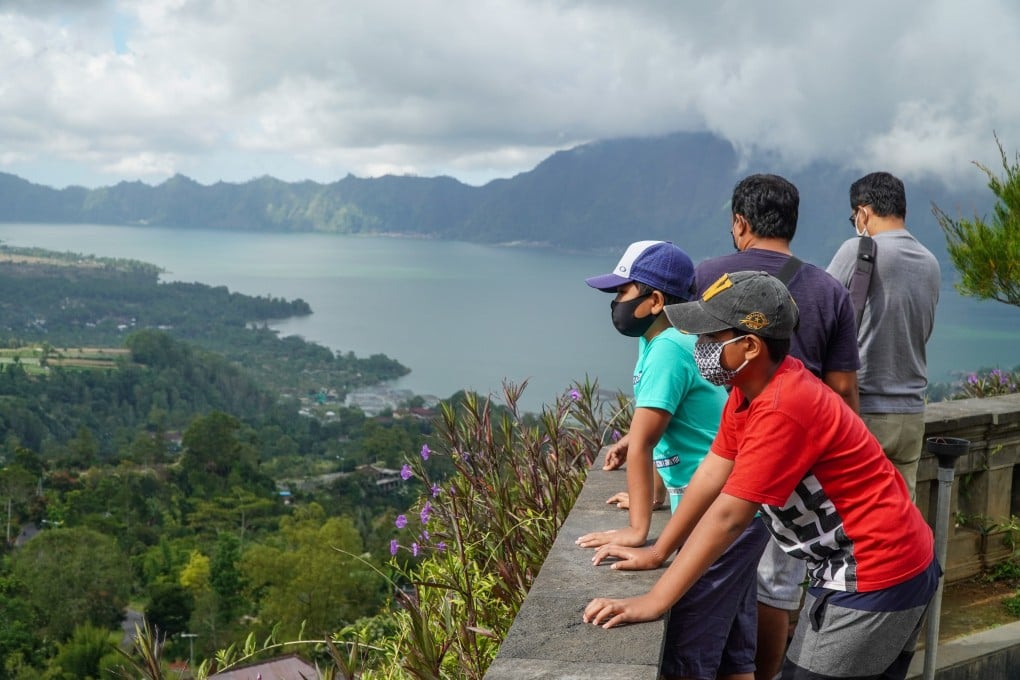How Indonesia’s tourism industry is adapting to the pandemic
- As Indonesia gears up to reopen destinations like Bali, tourism industry players are looking to find ways of luring visitors back, while mitigating health risks
- An art museum, diving spot, travel booking platform and others share their latest strategies on ensuring safety and comfort to travellers

The Covid-19 pandemic has ripped into Indonesia with more than 81,600 cases of the viral disease shaking the nation and deaths topping 3,800, the highest registered death toll in East Asia outside China.
Besides the immediate trauma, the deadly virus will continue to have far-reaching effects in a country where a number of provinces are largely dependent on tourism. Indonesia’s borders have been closed to international tourists since April, and many attractions have been shut.
Experts believe Indonesia should now rethink its tourism plans and get ready for massive changes as the world recovers from the pandemic and international travel begins again. Tourism is a big earner for Indonesia, with more than 16 million international tourist arrivals in 2019, including more than 6 million international arrivals in Bali alone.

Cristian Rahadiansyah, editor-in-chief of luxury travel magazine DestinAsian Indonesia, says the nationwide pandemic upheaval could breathe new life into lesser known attractions in the country, but he adds that few tourism professionals are aware of this potential or understand how best to respond to it.
“In terms of the tourist experience, cultural encounters will decrease,” Rahadiansyah says. “People will be more cautious when interacting with local residents. Tourist preferences may be towards the concept of secluded travel and wellness.”
Three Indonesian provinces – Bali, Jakarta and West Java – will suffer the most economically from the shortage of visitors, he adds. New measures the industry will be forced to consider for all domestic journeys and many attractions include social distancing rules and the requirement of a medical certificate that shows a negative result for a polymerase chain reaction (PCR) test.
